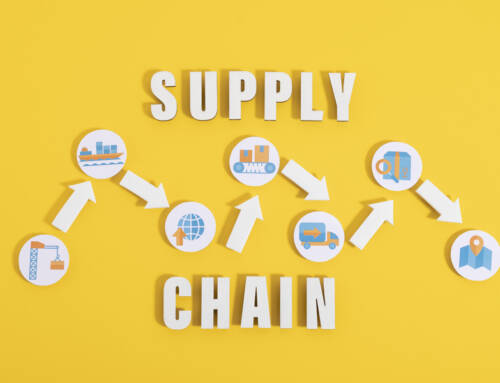AutoML, or Automated Machine Learning, is making strides in the enterprise world aided by this unique feature – Empowering easy access to connect machine learning models to business problems, across industries.
Sample this one. A marketing manager in an organization has loads of data to work with but lacks support in terms of data science skillset, time and effort needed to gain machine learning intelligence. Without data science expertise, can he accomplish this?
A product was under siege for some time. Sales dipped, and the Sales Manager neither could pinpoint forces laying the siege nor take measures to roll out pre-emptive actions to improve sales. Without relying on data science skills, the manager could connect ML to his problem. AutoML gave the lead to solve the two birds one stone problem.
Data scientist or not, business user or citizen data scientists, there is AutoML to apply machine learning to business problems.
How simple can it be for non-technical users?
It is as simple as this – Load data that can help solve a business problem, and let AutoML take over. Let’s again put the marketing manager in perspective. It is about The marketer and his marketing effectiveness story.
He runs several campaigns. The manager is aware of the prospects and preferences, competition, budget etc. and he has data to support him. With the objective to increase marketing effectiveness, and without data science expertise, he is empowered to use machine learning to solve this problem of marketing effectiveness – understand what to do to improve ROI on marketing campaigns.
AutoML supports the marketing manager in the way it makes him self-sufficient to load all marketing related datasets into an AutoML tool, build the right ML model, and be proactive in taking right measures to improve marketing effectiveness.
How will AutoML assist the user?
The user who wants to solve a business problem using machine learning loads relevant datasets into an AutoML tool. Automated machine learning assists the user, with non-technical skills or data science skills, to lay down the machine learning pipeline – data pre-processing, feature generation, model selection and ML model development. It eases the pressure on the resource-intensive ML model development and accelerates time to acquire production-ready machine learning models.
Can business users bank on AutoML for other business problems?
There are AutoML tools that help connect machine learning to specific business problems. Say a supply chain manager without data science skills wants to predict demand of products. RapidMiner becomes an ally, as the ideal AutoML tool, to predict demand beforehand and fulfil every customer order. RapidMiner is a good fit to build predictive models for other use cases, as that of building predictive models for supporting customer churn prediction.
Enter Fintech. Risk assessment for accelerating credit application process is a key point in the process. A non-technical user can use DataRobot in this situation to facilitate accurate risk assessment and promote accelerated credit application process.
Let us look at a Healthcare problem. There are images related to different cancer types. The challenge is then to process medical images to classify cancer type. For this image classification problem, Google AutoML (Google Cloud’s Vision API powered by AutoML feature) raises into a good fit. All that the non-technical user has got to do is to upload medical images, which then would be processed by Google AutoML. This AutoML tool also allows integration of object detection, image classification, OCR, and image labelling within applications.
Be it sales, marketing, supply chain, finance or operations, the need of the hour is to augment critical business cases with analytical intelligence. Today, even the lack of data science skills doesn’t put a damper on the machine learning-led intelligence exercise. AutoML has empowered business users to connect machine learning with business problems and find answers.





